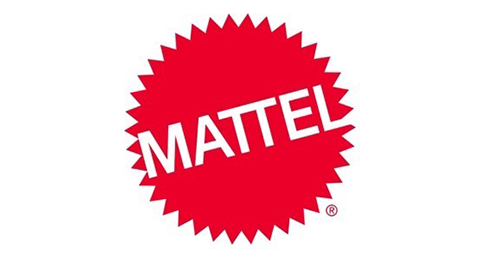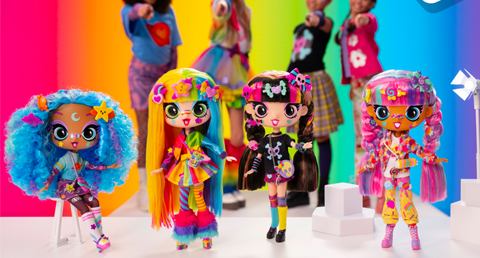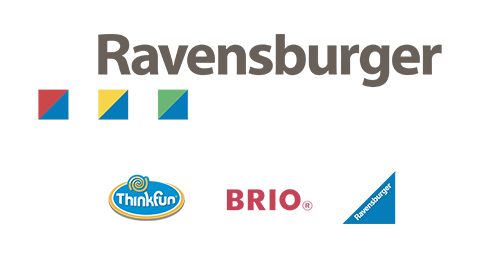The move comes amidst reports that inventories have been deemed too high and need to be reduced.
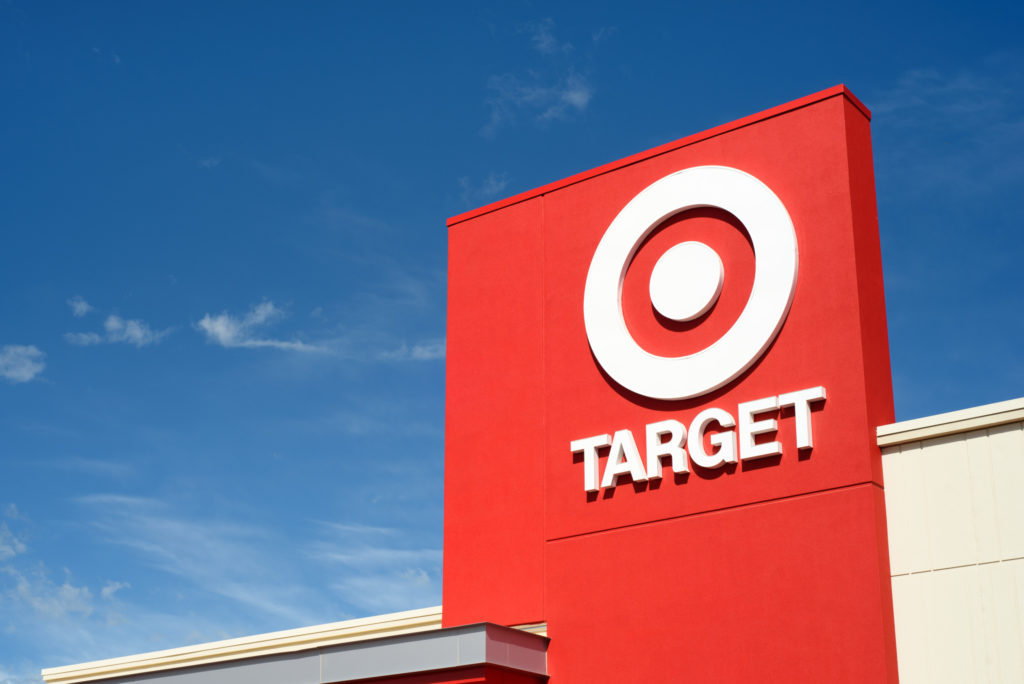 According to a report by Reuters, sky-high stock levels have prompted several leading US multi-category retailers to reappraise their buying strategies, placing a greater emphasis on domestic purchases rather than FOB orders. Last month, Target CEO Brian Cornell pledged in a blog post that the retailer would take “necessary actions” to address $15.1b in unsold merchandise the retailer was sitting on.
According to a report by Reuters, sky-high stock levels have prompted several leading US multi-category retailers to reappraise their buying strategies, placing a greater emphasis on domestic purchases rather than FOB orders. Last month, Target CEO Brian Cornell pledged in a blog post that the retailer would take “necessary actions” to address $15.1b in unsold merchandise the retailer was sitting on.
As a result, Target’s subsequent actions this summer are alleged to have included asking vendors to pay for transport costs and requiring some to retain more merchandise at their own warehouses. Reuters cites 11 Target vendors as having affirmed this strategy. Unsurprisingly, a majority of the vendors claimed that this approach drives up their costs and squeezes their profit margins.
Specifically, Target is said to have told some vendors it would cease transporting some merchandise they manufacture in China, instead ordering the same goods from their US warehouses, while other vendors suggested that Target asked them to hold inventory in their own warehouses, forwarding the goods to Target only on an as-needed basis.
Carly McGinnis, president of Exploding Kittens, which makes card games in China, said that Target asked it to send its games directly to Target’s distribution centres from its US warehouses this summer. Because Target previously picked up the games directly in China, the change has increased Exploding Kittens’ transportation and storage costs, prompting Carly to comment: “We now have stock in China that Target does not need, so we are shifting that to the United States and have to use our own freight, eating into margins.”
However, these moves will perhaps not come as a surprise to many toy suppliers, as retailers have often switched the balance of their orders away from FOB towards domestic supply when faced with challenging trading conditions. In the US, inventories at general-merchandise stores rose 31.3% to reach $104.65b as of the end of April, the highest level since at least 2000, according to preliminary estimates from the US Census Bureau.
In response to the Reuters story, a Target spokesperson said the company “maintained open and transparent conversations with our vendor partners.” Target also said in the June blog post that it would cancel orders, work with vendors to shorten lead times and ask them to help offset inflationary pressures.
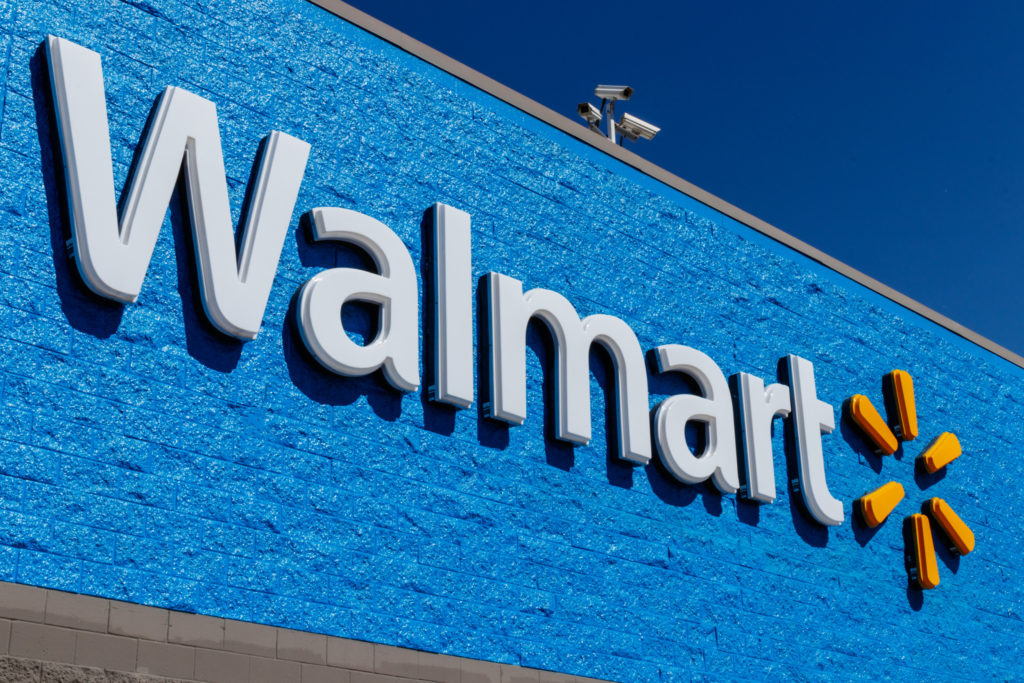 According to Reuters, Target is not alone. It claims that in August, Walmart will begin to charge some of its suppliers new fuel and pickup fees to transport goods to its warehouses and stores. Walmart also recently asked one vendor to hold unsold inventories in its own spaces, while it told another that it would curtail the amount of its merchandise that Walmart picks up in China to bring to the US. Back in May, Walmart said it was sitting on more than $61b of merchandise, one-fifth of which were said to be discretionary goods that Reuters claims the Walmart CEO said in June “it wishes it never had.” An update in June confirmed that the stock situation was ongoing.
According to Reuters, Target is not alone. It claims that in August, Walmart will begin to charge some of its suppliers new fuel and pickup fees to transport goods to its warehouses and stores. Walmart also recently asked one vendor to hold unsold inventories in its own spaces, while it told another that it would curtail the amount of its merchandise that Walmart picks up in China to bring to the US. Back in May, Walmart said it was sitting on more than $61b of merchandise, one-fifth of which were said to be discretionary goods that Reuters claims the Walmart CEO said in June “it wishes it never had.” An update in June confirmed that the stock situation was ongoing.
Isaac Larian, chief executive of MGA Entertainment, confirmed to Reuters that its major retail customers had reduced the shipments they pick up in China.










